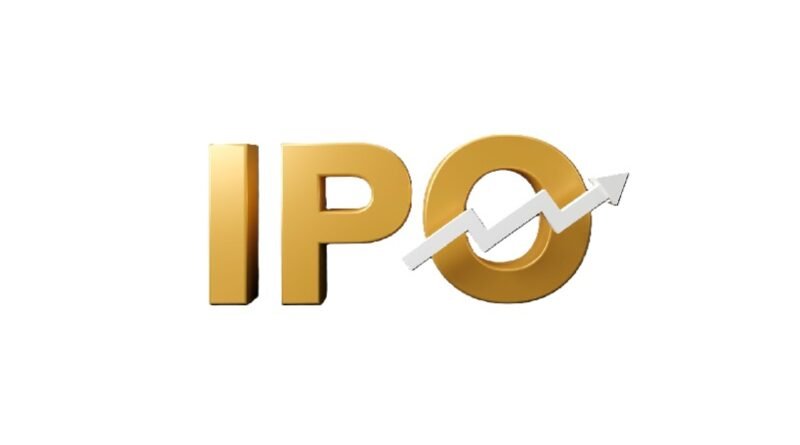What is Face Value in an IPO?
The face value of a share, also referred to as its par value or nominal value, is a fundamental concept in the world of finance, especially during an Initial Public Offering (IPO). It is the original value of a share as stated in the company’s books and serves as the base value for its issuance.
When a company goes public, its shares are issued to investors, and understanding the face value is critical for evaluating the IPO price and the company’s valuation. Let’s explore the concept in detail.
Definition of Face Value
The face value is the fixed value assigned to a share by the issuing company during its incorporation. This value is determined arbitrarily and does not change over time, regardless of the market price of the share.
For example, if a company assigns a face value of ₹10 to its shares, each share is recorded in the company’s books at ₹10, irrespective of how the market values the share later.
Importance of Face Value in an IPO
- Determines the Share’s Structure
The face value helps define the share’s structure and forms the basis for dividing the company’s capital. - Basis for Issue Price
- In an IPO, the shares are offered at a premium or discount to their face value.
- The issue price (price at which shares are sold to the public) is usually much higher than the face value. For instance, if a share has a face value of ₹10 and is issued at ₹100, the premium is ₹90.
- Impact on Dividend Calculation
Dividends declared by companies are usually calculated as a percentage of the face value.- Example: If a company declares a 50% dividend on a share with a face value of ₹10, the dividend amount will be ₹5 per share.
- Accounting and Regulatory Compliance
- The face value is used in financial statements to calculate the company’s equity capital.
- Regulatory bodies like the Securities and Exchange Board of India (SEBI) require companies to disclose the face value in their IPO prospectus.
How Face Value Differs from Other Values
| Parameter | Face Value | Issue Price | Market Price |
|---|---|---|---|
| Definition | Original value of the share set by the company. | Price at which the share is sold in the IPO. | Current value of the share in the stock market. |
| Determined By | The company during incorporation. | The company and its underwriters. | Demand and supply in the stock market. |
| Fixed/Variable | Fixed and does not change. | Variable, depending on the IPO strategy. | Highly volatile, influenced by market dynamics. |
| Purpose | Used for accounting and dividend calculation. | Used to raise funds during the IPO. | Indicates the current valuation of the company. |
Examples of Face Value in IPOs
- Zomato IPO (2021):
- Face Value: ₹1 per share
- Issue Price: ₹72–₹76 per share
- Premium: ₹71–₹75 per share
- Reliance Industries IPO (1977):
- Face Value: ₹10 per share
- Issue Price: ₹60 per share (including a ₹50 premium)
Face Value in Stock Splits
Companies sometimes split their shares to make them more affordable to investors. In such cases, the face value is reduced proportionally.
Example:
- If a share with a face value of ₹10 is split in a 1:2 ratio, the new face value will be ₹5 per share.
- The number of shares an investor holds will double, but the total investment value remains unchanged.
Why Face Value Matters to Investors
- Transparency: It provides clarity on the company’s capital structure and the basis for dividend calculations.
- Comparison: Helps investors compare the premium charged in an IPO with the industry norms.
- Dividend Yield: Investors can assess dividend returns based on the face value of shares.
Conclusion
The face value is a foundational element in a share’s lifecycle, particularly in the context of an IPO. While it may not directly influence an investor’s decision-making like the issue price or market price, it plays a significant role in accounting, regulatory compliance, and dividend calculations. Understanding the face value equips investors with deeper insights into the share issuance process and helps them make more informed decisions when investing in IPOs.

